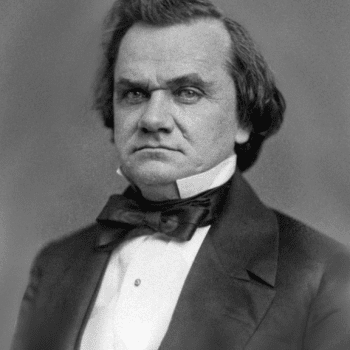When Texas Sen. Ted Cruz sat down for an interview with the Christian Broadcasting Network last month, he didn’t spend much time bemoaning the moral rot embodied by the “homosexual agenda.” He didn’t call for boycotts of explicit rap albums, or express outrage at the availability of condoms in high schools, or champion some new law designed to combat the corrosive effects of pornography.
Instead, he made headlines with a dire warning for Christians everywhere: Your pastors could soon be prosecuted for hate speech.
“If you look at other nations that have gone down the road towards gay marriage, that’s the next step where it gets enforced,” he soberly intoned. “It gets enforced against Christian pastors who decline to perform gay marriages, who speak out and preach biblical truths on marriage.”
Cruz is one of several prominent Republicans who have spent the past year actively reframing the conservative social agenda in terms of protecting religious freedom instead of enforcing “family values — a subtle but profound shift in the culture war that deliberately moves the religious right from offense to defense for the first time in decades.
In speeches, interviews, and op-eds, savvy culture warriors have abandoned the fervent rhetoric of the ’80s and ’90s that used to cast conservatives as champions of virtue, enemies of vice, and saviors of American society: That battle, many conservatives conceded to BuzFeed, is lost. Instead, their new message centers on ensuring that the rights of religious institutions and believers aren’t trampled under a stampede of secularism.
According to a range of interviews with Republican politicians and activists, the rationale driving this strategic shift is defined by a mix of genuine anxiety over big government encroaching on religion and recognition that moral policing has lost its political savor.
“I think it’s the next phase of the debate,” Florida Sen. Marco Rubio said. “From a political perspective, people now have the freedom to live with and love anyone they want, but I don’t think that saying churches are preaching bigotry because they don’t agree is the right thing to do… You have instances around the world where it’s against the law to preach against homosexuality even if that’s what your faith teaches. I do think it’s an issue we need to start talking about,” he added.














